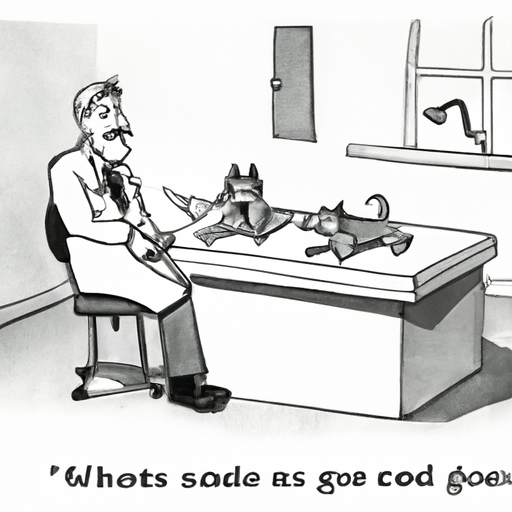Understanding the Importance of Vaccinations
Vaccinations are essential to keep your canine companions healthy and protected from various diseases. As a caregiver, you are responsible for ensuring your dogs get the right vaccines at the right time. Vaccines work by preparing your dog’s immune system to fight off possible infections.
- Core vaccines: These are vaccines that all dogs, regardless of their location or lifestyle, should receive. They include vaccines for diseases like rabies, distemper, parvovirus, and adenovirus.
- Non-core vaccines: These are vaccines that are given based on the dog’s exposure risk. They include vaccines for diseases like Lyme disease, Bordetella (kennel cough), and leptospirosis.
Where and How Are These Vaccines Administered?
Most vaccines are administered subcutaneously (under the skin) or intramuscularly (into the muscle).
| Vaccine | Where it’s administered |
|---|---|
| Rabies | Under the skin or into the muscle, usually at the back of the neck |
| Distemper/Parvo/Adenovirus | Under the skin, usually on the right side of the body |
| Bordetella | Intranasal or oral administration |
| Leptospirosis | Under the skin, usually on the left side of the body |
When Should Dogs Be Vaccinated?
Your dog’s vaccine schedule will depend on factors such as their age, medical history, lifestyle, and the prevalent diseases in your area.
- Puppies should start their vaccinations at around 6 to 8 weeks of age.
- Adult dogs might receive certain vaccines annually, while others might be given every 3 years or so.
Always consult with your vet to determine the best vaccination schedule for your pooch.
Potential Side Effects and How to Handle Them
Like any medical procedure, vaccinations can sometimes lead to side effects. These can range from mild reactions like soreness at the injection site, mild fever, and decreased appetite, to severe ones like allergic reactions.
If your dog shows any signs of discomfort, don’t panic. Contact your vet immediately. Remember, the benefits of vaccinations far outweigh the potential risks.
The Role of Caregivers in Dog Vaccination
As a caregiver, your role doesn’t end with taking your dog to the vet for shots. Monitor your dog after each vaccination. Give them lots of love and reassurance. Keep them comfortable and ensure they have a quiet space to rest if they’re feeling unwell.
FAQs
Q: Can I give my dog vaccinations at home?
A: While some vaccines can be administered at home, it’s always best to let a trained professional handle it.
Q: What if my dog misses a vaccine?
A: If your dog misses a vaccine, schedule a catch-up shot with your vet as soon as possible.
Q: Are there natural alternatives to vaccines?
A: There are no proven natural alternatives that offer the same level of protection as vaccines.
Q: Do indoor dogs need vaccines?
A: Yes, even indoor dogs need to be vaccinated as some diseases can be airborne or brought in on shoes and clothing.
Q: Are there any risks associated with dog vaccines?
A: Like any medical procedure, there are risks. However, serious side effects are rare and the benefits of vaccination far outweigh the potential risks.



